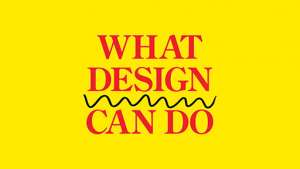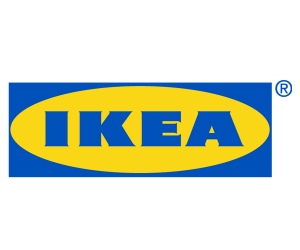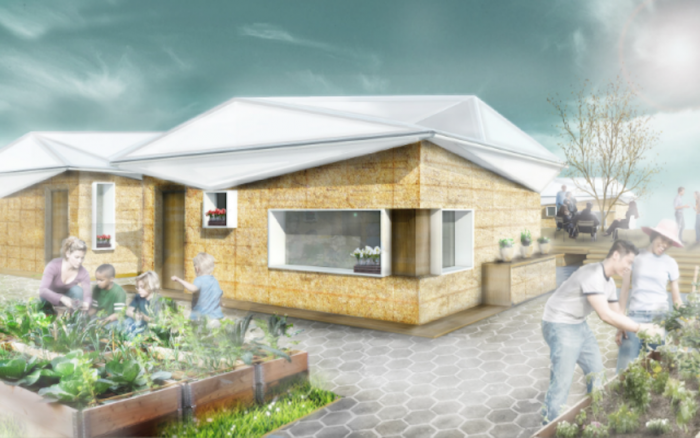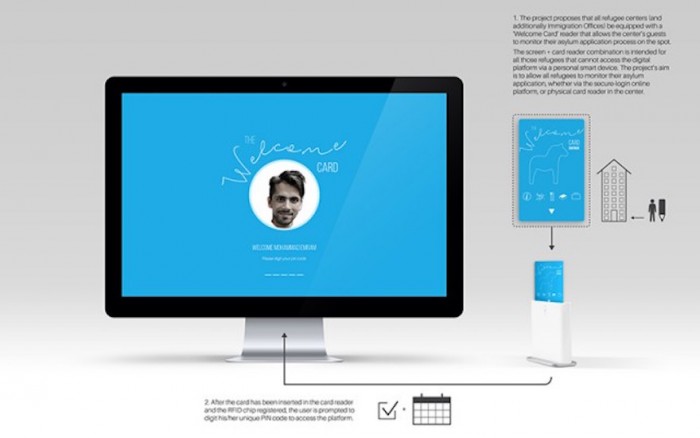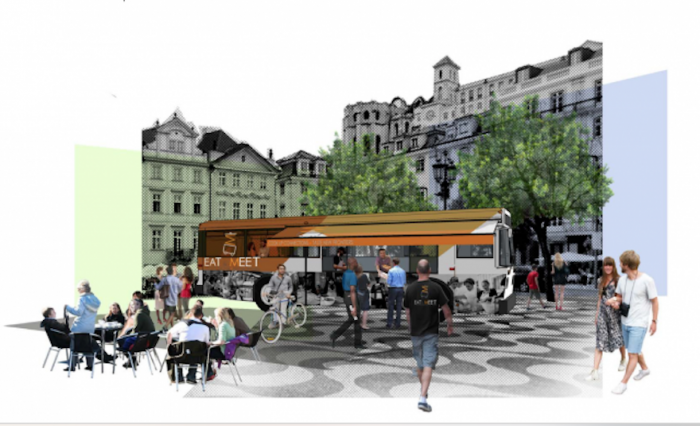From the Series
“We need these designers and artists to approach the major challenges of our time with imagination and inventiveness,” said Dutch Minister of Foreign Affairs Bert Koenders about the Refugee Challenge. Hosted by What Design Can Do in collaboration with the UNHCR and IKEA Foundation, the challenge called on designers from all over the world to design solutions to the problems faced by refugees and their host communities. At the end of the What Design Can Do conference on 1 July, five ideas were picked out of a batch of 600. These are the five designs that hope to lessen the burden of the refugee crisis after further development.
AGRIshelter
Submitted from Italy and Iran by Narges Mofarahian, AGRIshelter addresses the housing shortage faced by refugees. It considers social, urban, environmental and economic factors. Built using durable biodegradable, zero-km materials, the shelter provides good insulation and is readily available in every city. It can be built by the inhabitants.
“There is a little utopian thinking revealed in this project, but that’s a whole lot better than a dystopia,” stated the jury.
The Welcome Card
“There might be privacy and safety issues to sort out, but this idea has enormous potential,” said the jury of Swedish collective the Green Card Team’s Welcome Card.
The card would be issued to those who apply for asylum in an EU country. Radio-frequency identification technology (RFID) enables refugees to check their application status when the card is paired to a reader. The card also provides details about language courses, transport and relevant events, and could allow organisations and individuals to upload benefits and entitlements for the holders.
Reframe Refugees
A duo based in the Netherlands, Marie-Louise Diekema and Tim Olland created Reframe Refugees to present an alternative picture of the refugee crisis. The photos in the mainstream media all present refugees as victims. With photos and stories uploaded by refugees themselves, the digital platform Reframe Refugees helps the world realise that refugees are people with the same dreams and ambitions as everybody else.
“This idea certainly deserves to be admitted to the accelerator phase because it offers a way out of a general pitfall in communicating about refugees,” said the jury. “We need to have counterintuitive representations of refugees, and who better to provide them than a refugee?”
Eat & Meet
Brazilian designers Jennifer Kinnunen, Marie Legleye, Camille Marshall, Elias Sougrati and Camille Marshall proposed a project that uses food to foster relationships between refugees and their host community. The project turns renovated city buses into food trucks where refugees can cook and sell food from their culinary tradition, with proceeds going to the workers as well as integration projects.
The jury remarked: “This multidimensional plan taps in on the age-old natural law that eating a stranger’s food is the first form of intercultural trust. The concept has great potential for scaling, and it also offers lots of opportunities, especially to women.”
Makers Unite
Makers Unite connects refugees and EU locals by co-designing engaging products and narratives, starting with upcycling life vests and boats collected on Greek shores. The platform allows refugees to regain dignity, to connect with locals, to build new networks and to restart their lives. The jury said this is “an amazing project that supports user-led design by setting up innovation centres within communities that are completely community owned, which makes them more sustainable and dignified.”
Designers from all over the world were invited to submit ideas to improve the reception and integration of refugees. The hundreds of entries were reduced to a shortlist of 25 projects, from which an international jury made up of designers, politicians, design thinkers and representatives of refugee organisations selected the five winners.
In that next phase, the WDCD Accelerator, the five winners will be supervised as they take their concepts to the next level. They will also receive 10,000 euros in prize money. At the end of 2016, the revised projects will be assessed and presented again.

